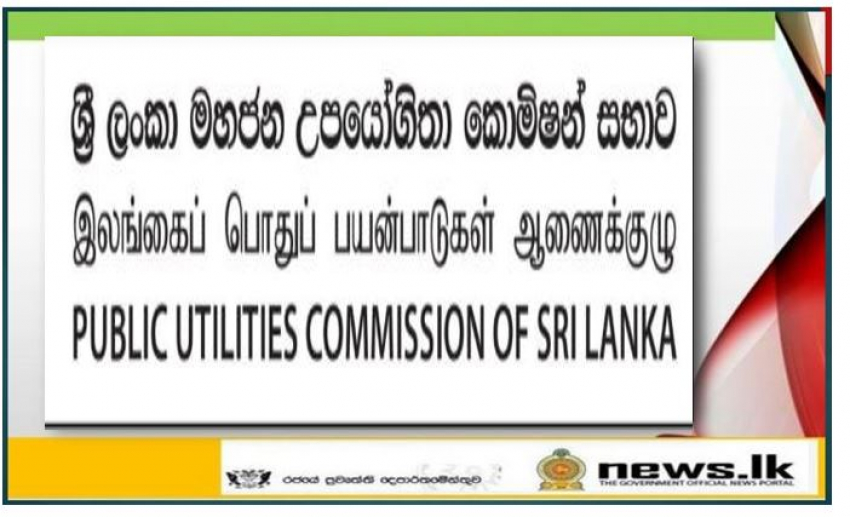The study has recommended external cost of four types of thermal power plants in Sri Lanka namely; Lak Vijaya Power Plant (LVPP) in Norochcholai, Yagadhanavi Power Plant in Kerawalapitiya, Kelanitissa Power Station in Peliyagoda, Sapugaskanda Power Plant in Sapugaskanda, based on the prevailing generation technologies and the type of fuel used. Accordingly, following externality costs were obtained by this study based on the year 2017.
This means for each unit of electricity generated; social and environmental damage is valued at the costs given below. This cost does not include direct generation unit cost by the plant. Power Plant Specific externality cost (Rs/kWh)
1 Lak Vijaya Power Plant (Coal) 10.23
2 Yugadhanavi Power Plant (Heavy Fuel Oil) 4.53
3 Kelanitissa Power Station (Diesel) 7.55
4 Sapugaskanda Power Plant (Heavy Fuel Oil) 4.65
This study was carried out by a panel of experts of Sri Lanka Energy Managers Association (SLEMA), the pioneering energy management institution dedicated for promotion and knowledge sharing on energy management and efficiency improvement in Sri Lanka.
The PUCSL also launched a stakeholder consultation today to further validate the methodology and the externality cost figures associated with fossil fuel-based power generation in Sri Lanka through proposals and comments.
Currently, the national electricity demand is met by nine thermal power stations, fifteen large hydroelectric power stations, close to two hundred mini-hydro power plants, fifteen wind farms and more than twenty solar and biomass power plants. Majority of the hydroelectric and thermal/fossil fuel-based power stations in the country are owned and operated by the Ceylon Electricity Board (CEB).
Power generation gives rise to a range of environmental issues including air pollution, water pollution, releasing toxic materials and GHG emissions during their operational life. These environmental issues lead to adverse community, social and ecological related costs referred to as externalities. The right costs will help Sri Lanka to discover the real economic impact from power generation and also will help in preparing power generation plans for the country in the future.
PUCSL plans to extend the study to discover the external costs of power generation from other sources like hydro, wind, solar and natural gas as the second phase. PUCSL invites the stakeholders to submit their comments/proposals in writing on the findings of the study on “Estimation of External Cost of Thermal Power Generation in Sri Lanka” on or before 03rd of July this year. An oral submission will also be held for those who like to present their views. Proposals can be forwarded to This email address is being protected from spambots. You need JavaScript enabled to view it..
Refer the final draft study report and consultation document: -
https://www.pucsl.gov.lk/notices/public-consultation-on-estimation-of-externality-cost-of-thermal-
power-generation-in-sri-lanka/
For more information: - Anushika Kamburugmuwa, Assistant Director - Corporate
Communication 0718622800




















